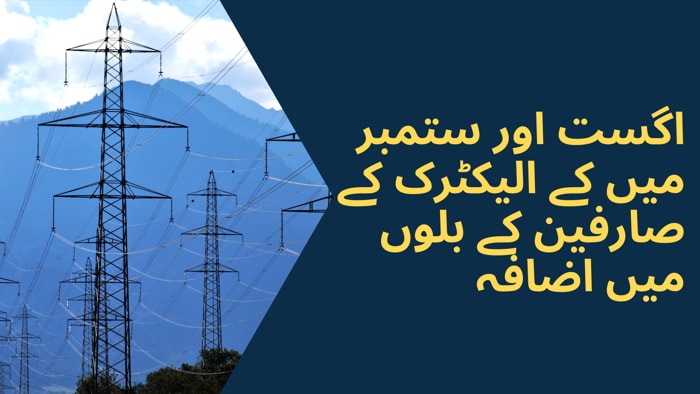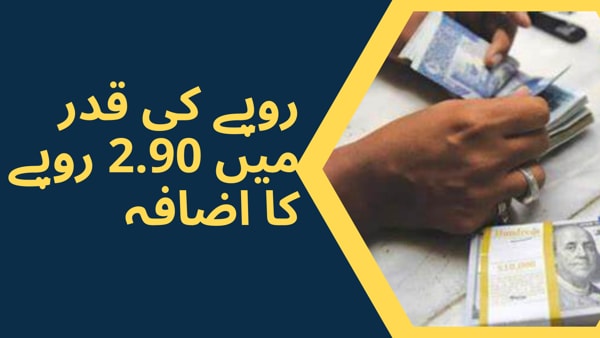Pakistan Eyes US Dollars in Copper Boom After Tariff Breakthrough
Pakistan is positioning itself for a major push into the US market after securing a tariff deal that could open the door to billions in mining investment—especially in copper.
Commerce Minister Jam Kamal Khan told the National Assembly that Washington has shown interest in partnering on mining projects following a revised reciprocal tariff agreement. The key win for Pakistan: refined copper exports will now avoid the steep 50% US duty that previously applied to copper, iron, steel, and aluminum.
Why Copper Matters Now
Global demand for copper is climbing fast, driven by electric vehicles, renewable power systems, and other clean-energy technologies. That makes Pakistan’s position as the world’s fifth-largest holder of copper reserves strategically important. Yet, most of that potential remains untapped—held back by aging mining infrastructure and limited refining capacity.
From Ore to Added Value
For now, Pakistan ships most of its raw copper ore to China, missing out on higher-value markets. Khan said the government wants to change that, moving toward exports of refined copper, bars, rods, and alloys. Value-added production could bring in far more revenue and make Pakistan a competitive player in global supply chains.
To get there, the Geological Survey of Pakistan has been tasked with mapping untapped reserves, while the government works on modernizing regulations, improving mine access roads, and ensuring stable power supplies—key steps to attract private-sector investment.
Tariff Cuts Beyond Mining
The tariff overhaul isn’t just about minerals. Pakistan also secured a cut in US duties on its goods from 29% to 19%, the lowest rate among regional competitors. For the textile industry—Pakistan’s top export earner—this creates a rare pricing advantage in a crowded market.
Strategic Payoff
If the mining upgrades and tariff incentives line up, Pakistan could boost copper exports, tap into US demand, and ease its trade deficit. As Khan put it, combining investment in minerals with improved export access could strengthen Pakistan’s position in both global metals and manufacturing markets.







